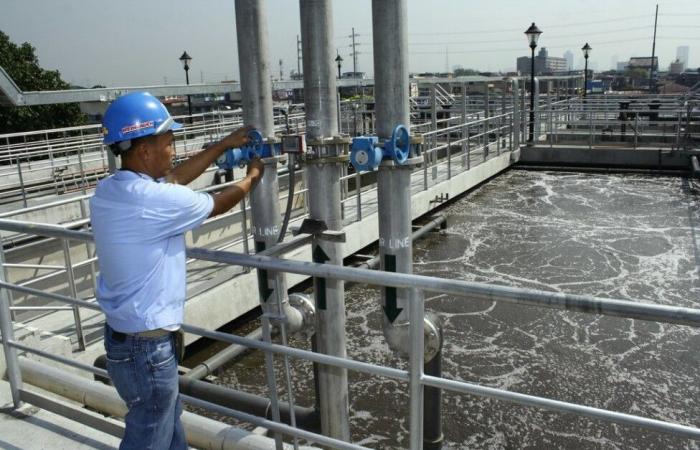GENEVA – Global foreign direct investment (FDI) in 2023 was $1.3 trillion, two percent less than the previous year, due to global geopolitical and trade tensions, an Unctad analysis indicated. (UN Trade and Development) released this Thursday the 20th.
Excluding the impact of some exceptions, the report from the body (formerly known as the United Nations Conference on Trade and Development) reveals a sharper decline of more than 10% in global foreign investment for the second consecutive year.
With restrictive financing conditions in 2023, the number of international project financing agreements – essential for financing infrastructure and public services such as electricity and renewable energy – fell by a quarter.
Insufficient financing hinders efforts to fulfill the 2030 Agenda, with which the United Nations set out the 17 Sustainable Development Goals (SDGs) to improve the lives of the world’s population and the health of the planet.
Above all, investments aimed at agri-food systems and water and sanitation are affected. These sectors recorded fewer internationally funded projects in 2023 than in 2015, when the SDGs were adopted.
The mobilization of funds for SDG investment through sustainable financial products in global capital markets is slowing down.
Last year, foreign investment decreased moderately in most regions. The flow to developing countries fell seven percent, $867 billion, and in Asia the decline was eight percent.
In Africa it decreased three percent, and one percent in Latin America and the Caribbean.
On the other hand, flows to developed countries were strongly affected by the financial transactions of multinational companies, in part due to efforts to implement a global minimum tax rate on the profits of these corporations.
Flows to most of Europe fell 14 percent, and five percent to North America.
Although the outlook for FDI remains difficult in 2024, the report considers that “modest growth appears possible”, due to the relaxation of financial conditions and concerted efforts to facilitate investment, a feature of national policies and international agreements. .
Unctad, based in this Swiss city, believes that facilitating business activity and digital government solutions can provide an environment to address low investment.
In this regard, the report highlighted that, with the global drive to attract and retain financial flows, online information portals and one-stop shops have proliferated to foster a favorable climate for business and investment.
Since Unctad launched its investment facilitation menu in 2016, the number of online one-stop shops in developing countries has almost quadrupled, from 13 to 67. In developed economies, the number has more than doubled, going from 12 to 28.
Similarly, information portals for the registration of companies and investors in developing countries increased from 82 in 2016 to 126 in 2024, while in developed nations they increased from 43 to 48.
For developing countries, digitalization is not only a technical solution, but also a springboard for the implementation of a broader digital government, addressing the underlying weaknesses in governance and institutions that often hinder investment, according to the criterion of Unctad.
Rebeca Grynspan, Secretary General of Unctad, pointed out that “investment does not refer only to capital flows, but also to human potential, environmental protection and the permanent search for a more equitable and sustainable world.”
AE/HM


